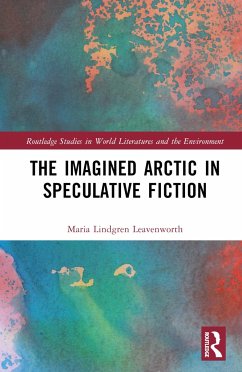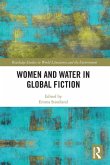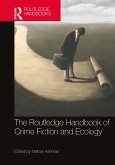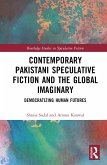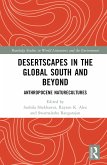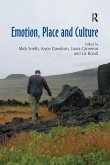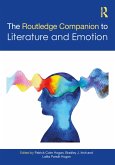The Imagined Arctic in Speculative Fiction explores the ways in which the Arctic is imagined and what function it is made to serve in a selection of speculative fictions: non-mimetic works that start from the implied question "What if?" Spanning slightly more than two centuries of speculative fiction, from the starting point in Mary Shelley's 1818 Frankenstein to contemporary works that engage with the vast ramifications of anthropogenic climate change, analyses demonstrate how Arctic discourses are supported or subverted and how new Arctics are added to the textual tradition. To illuminate wider lines of inquiry informing the way the world is envisioned, humanity's place and function in it, and more-than-human entanglements, analyses focus on the function of the actual Arctic and how this function impacts and is impacted by speculative elements. With effects of climate change training the global eye on the Arctic, and as debates around future northern cultural, economic and environmental sustainability intensify, there is a need for a deepened understanding of the discourses that have constructed and are constructing the Arctic. A careful mapping and serious consideration of both past and contemporary speculative visions thus illuminate the role the Arctic has played and may come to play in a diverse set of practices and fields.
Bitte wählen Sie Ihr Anliegen aus.
Rechnungen
Retourenschein anfordern
Bestellstatus
Storno

